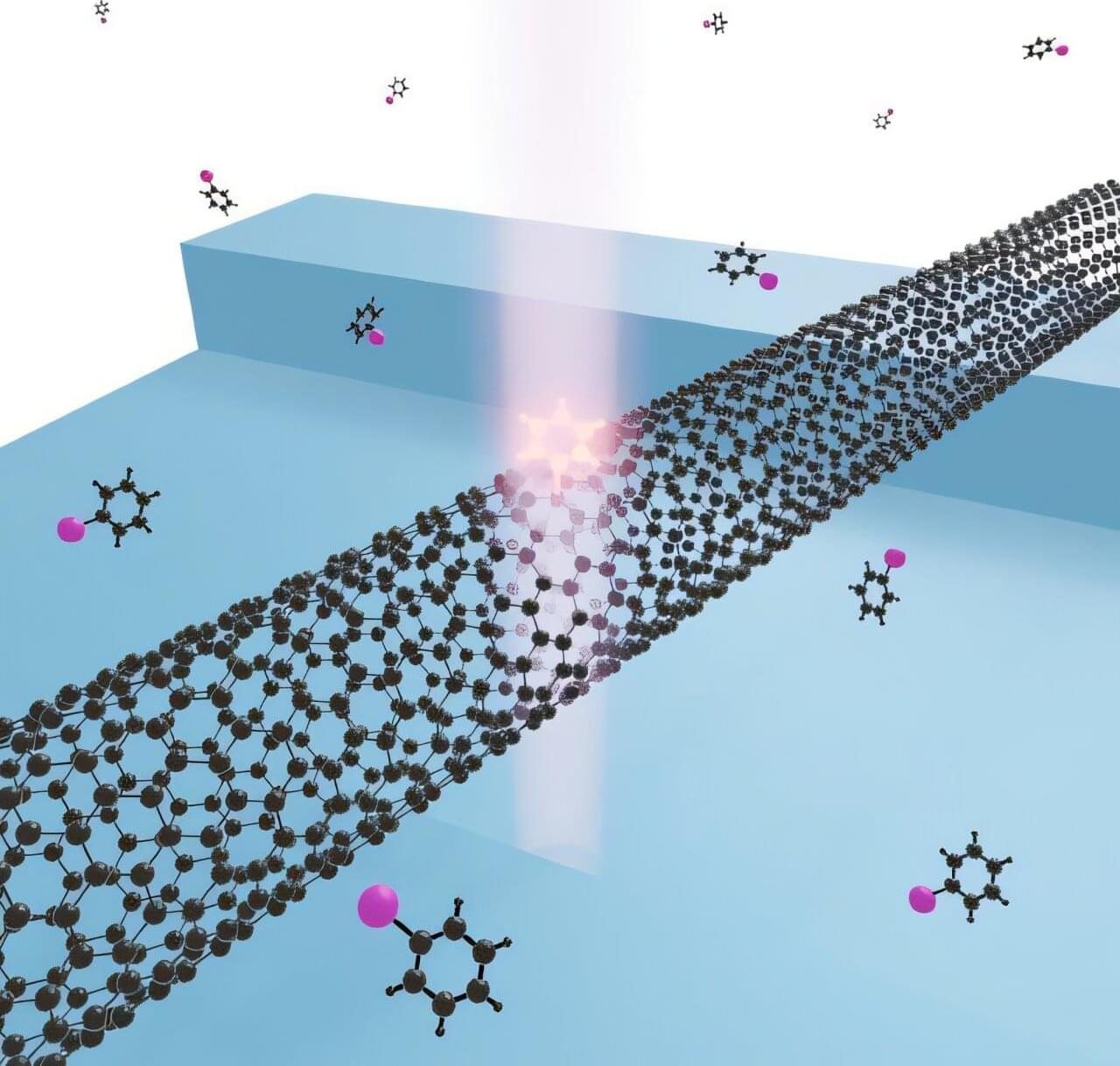In December 2024, the popular Ultralytics AI library was compromised, installing malicious code that hijacked system resources for cryptocurrency mining. In August 2025, malicious Nx packages leaked 2,349 GitHub, cloud, and AI credentials. Throughout 2024, ChatGPT vulnerabilities allowed unauthorized extraction of user data from AI memory.
The result: 23.77 million secrets were leaked through AI systems in 2024 alone, a 25% increase from the previous year.
Here’s what these incidents have in common: The compromised organizations had comprehensive security programs. They passed audits. They met compliance requirements. Their security frameworks simply weren’t built for AI threats.








